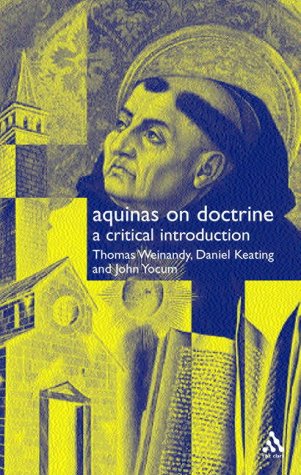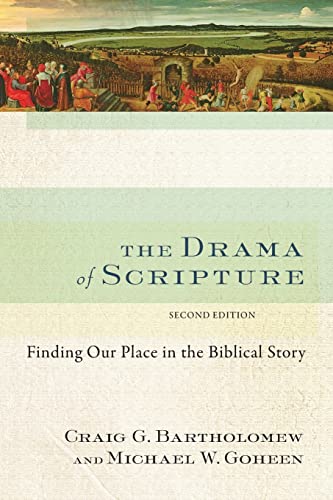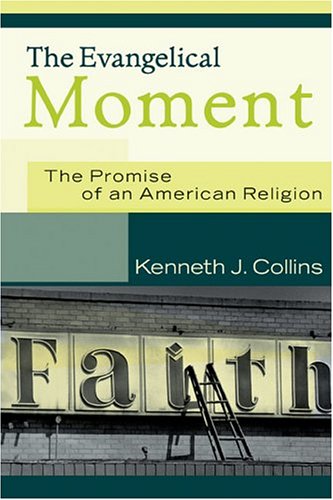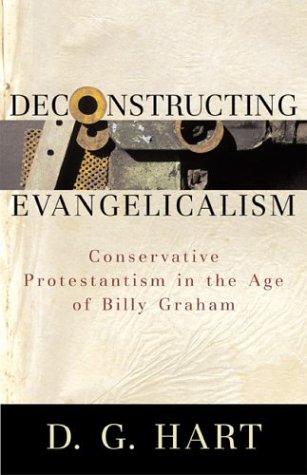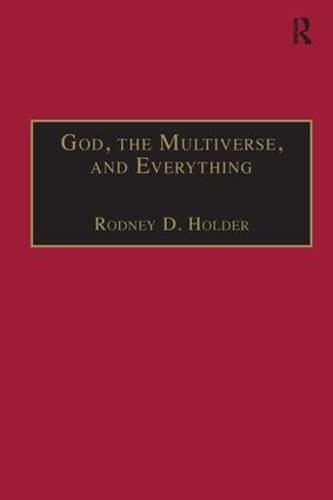THE GOD OF THE COVENANT: BIBLICAL, THEOLOGICAL AND CONTEMPORARY PERSPECTIVES
Written by Jamie A. Grant and Alistair I. Wilson (eds) Reviewed By Christoph StenschkeThis selection of papers had its origin in the Triennial Conference of the evangelical Tyndale fellowship in Nantwich in July 2003 (a joint conference of the various subject-specific study groups of the Fellowship). After a brief presentation of the nine contributors (7), the editors (one of them being the NT review editor for Themelios!) provide a brief introduction to the theme of the covenant (12–14) and to the following contributions (14–20). They write:
Arguably, covenant is the single most significant theme in the whole of the Scriptures and it is the very breadth and magnitude of this biblical thread that makes possible the diversity of approach and discussion found in the pages that follow. The idea of covenant is fundamental to the Bible’s story. At its most basic covenant presents God’s desire to enter into relationship with men and women created in his image … The idea may seem simple; however, the implications of covenant and covenant relationship between God and humankind are vast and it is from the expanse of these implications that the following articles are drawn (12).
In ‘Covenant: an Old Testament study’, D. L. Baker provides a helpful summary of the biblical evidence (Hebrew terms, covenant formulas, a survey of the various covenants, the covenant and Israel’s worship, instances of covenant-breaking and renewal and OT prophecies of a new covenant, including the question ‘What is “new” about the new covenant?’). C. J. H. Wright outlines the missiological implications of the covenant based mainly on the OT (‘Covenant: God’s mission through God’s people’). According to Wright, the idea of covenant highlights the missionary heart of God. D. G. Firth examines one of the key texts from the OT, namely Nathan’s prophecy to King David (‘Speech acts and covenant in 2 Samuel 7:1–17’). J. Hely-Hutchinson argues that the recurrent expression ‘Praise the Lord, for he is good, for his faithfulness endures forever’ has the connotations of ‘A new-covenant slogan in the Old Testament’, in particular the anticipation of new-covenant fulfilment.
Two contributions focus on the NT. K. Huat Tan contributes ‘Community, kingdom and cross: Jesus’ view of the covenant’, suggesting that the notion of covenant is what holds the various themes of Jesus’ ministry together. A. I. Wilson uses Zechariah’s prophecy of Luke 1:67–69 as a test case for ‘Luke and the any covenant’. He concludes that ‘Luke may have been more influenced by this stand of theology than first appearance suggests’ (177). What is offered in Luke, particularly in the closing words of Luke’s Gospel, is release from personal guilt for people of every ethnic group who find in Jesus the fullest expression of covenant faithfulness on the part of the covenant God (177).
A. T. B. McGowan writes (in the area of systematic and historical theology) ‘In defence of “headship theology” ’. By that expression he means federal (or covenant) theology and argues: ‘there is a form of federal theology that … arises actually out of a study of Scripture and that is able to draw together, in a coherent and systematic way, the main themes of Scripture’ (179, i.e. ‘the federal theology of T. Boston, which is a theology of grace, as adapted and clarified by J. Murray and as further defined into headship theology’, 199). From a philosophical perspective H. Bunting examines ‘Covenants, special relationships and a perfectly loving God’. C. Chapman contributes ‘God’s covenant God’s land?’ on the Christian assessment of the land of Israel (building on his study whose Promised Land? The continuing crisis over Israel and Palestine, 4. edn, Oxford: Lion, 2002), raising questions like ‘What is the place of the land in biblical covenants, and how is the land to be understood in the context of the “new covenant”?’. A passionate and eye-opening essay in many regards!
Altogether this is a helpful survey about the God of the covenant in both Testaments and in Christian theology. it includes fresh theological, ethical and contemporary insights and implications worth pondering. Unfortunately the volume has no indexes.
Christoph Stenschke
Missionshaus Bibelschule Wiedenest



